
“At night, thousands of oil lanterns are lit along windowsills, doorsteps and terraces. The faithful wear new and colourful dresses, which they also present to others, and decorate the roads with beautiful Rangoli composed of coloured rice, sand, flour and flower petals. House doors are left open in the evening to welcome the visits of friends and Lakshmi, the Goddess of light, abundance and wisdom.”
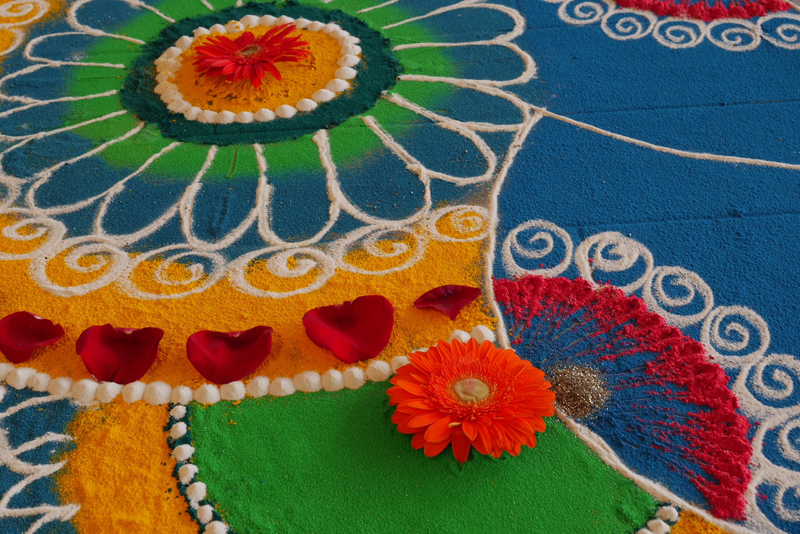
This is how Nadia Ferrigo, a journalist at La Stampa, portrays the Indian Diwali Festival, the Festival of Lights, one of the most important Hindu celebrations that symbolizes the victory of good over evil, the return of light that vanquishes darkness. This is why the faithful light thousands of small flames in temples, houses and public areas. Diwali honours the soul – pure, eternal and infinite – and the light of knowledge, which defeats the ignorance that shrouds reality.
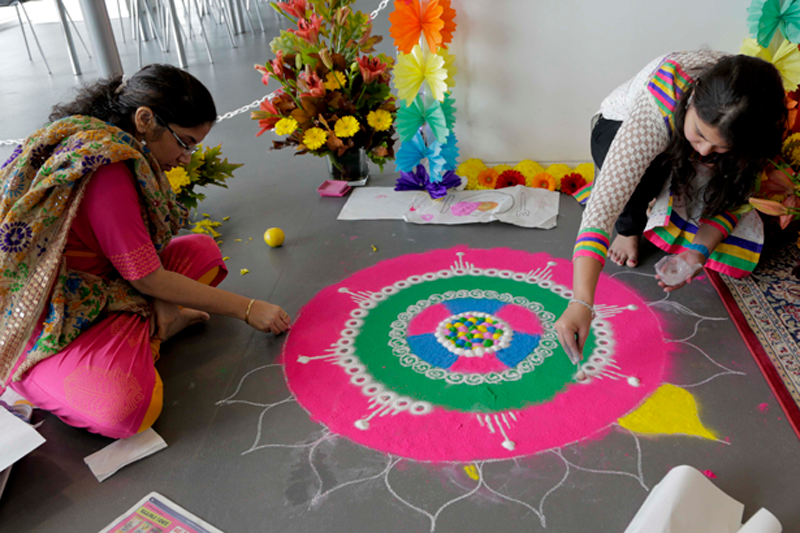
Besides India, where millions of people celebrate Diwali both publicly and privately, Hindu communities abroad also organise great celebrations. Indeed, thanks to the large Indian community in our Group, Diwali is also celebrated in Maire Tecnimont Offices around the world, including our headquarters in Milan. (Out of 5400 Maire Tecnimont employees worldwide, nearly two thousand operate in the Mumbai Office, which coordinates a further three thousand technicians specialised in the Electrical/Instrumentation Engineering Sector.)
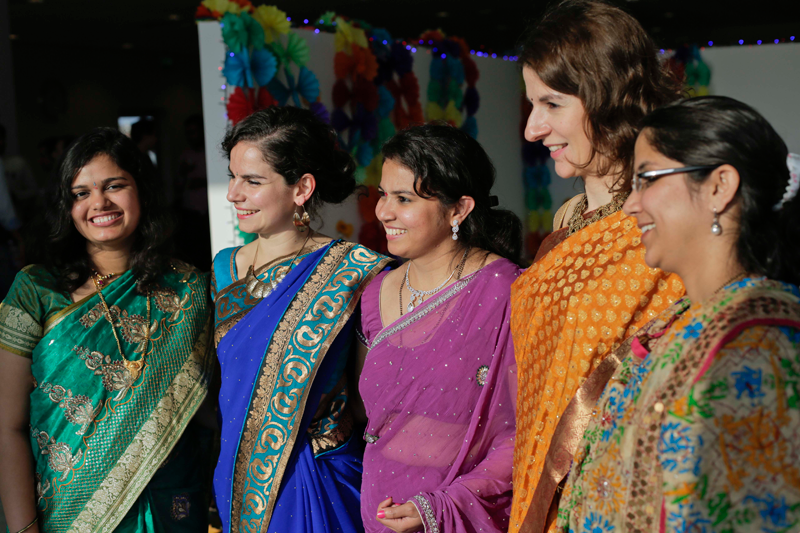
For an entire day, music, singing and traditional dresses accompany work activities, reminding us that cultural integration is a priority for cross-cultural management in our Group. Yadvinder Rana, Professor at the Milan Università Cattolica explains: “In order to develop a team spirit and improve collaboration amongst individuals from different culture and countries, it is fundamental to reduce the “distance” amongst the team members. Nowadays, most organisations, even those that are not multinationals, are at least multi-site and language and distance barriers loom larger.”
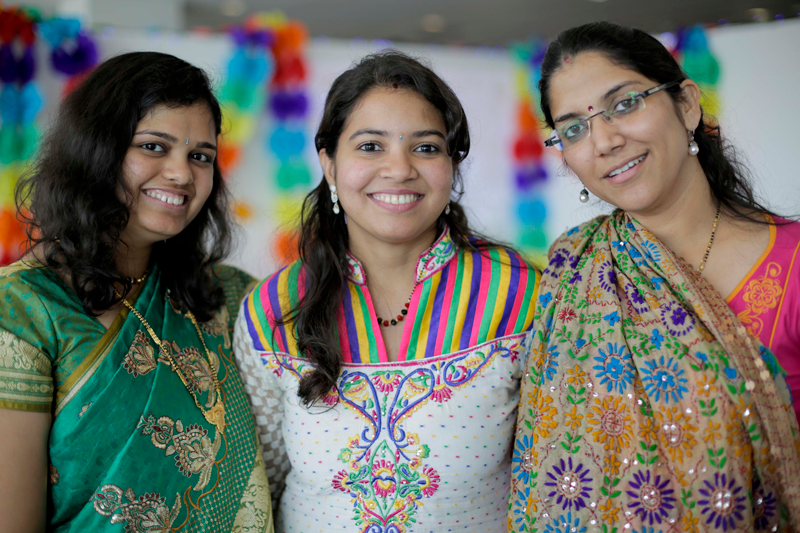
So, we welcome opportunities for cultural prosperity such as the traditional celebrations that are experienced intensely by family members who, for professional reasons, have opted to live far away from their homelands. Besides Diwali, at Maire Tecnimont, we have also recently celebrated Navaratri, another important Festival of Hindu Culture. In Mumbai, at the beginning of October, the Tecnimont Pvt. Ltd. Offices were illuminated by coloured lights and hosted a Garba/Dandiya Dance, symbolising the fight between the divinities of good and evil.
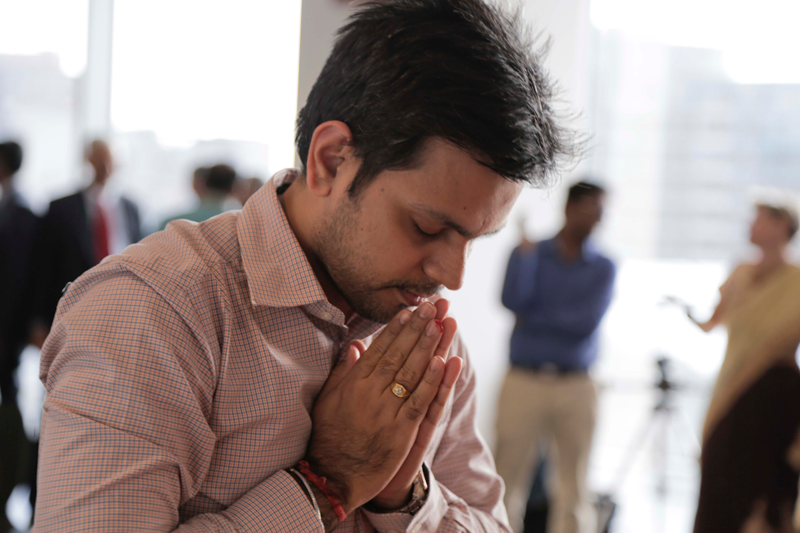
Don't Do Business with Strangers
Mario Ruzza,President and CEO of Tecnimont Private Limited (as well as Senior Vice President, Maire Tecnimont),has known India since1997. In an interview Mr. Ruzza points out how India is a country of continuity, patience and lengthy processes. “There is a certain cultural affinity between Italy and India. Ours are two ancient cultures that hold values and principles in high regard. We share common ideas of interpersonal relations, family roles and medium-term perspectives. Entrepreneurs and managers who come to India must be prepared and willing to embrace this culture, which is certainly also different from ours. In India, there is respect for silence, difficulty in saying “no” explicitly, and a different management of time and meetings … These are all points that must be understood and adopted to work here. Nobody would conduct business with a stranger. First, we need to become acquainted as persons, then we can speak about business.”
Sathiamoorty Gopalsamy, Vice President Services Projects, concludes: “The synergy between the Italian and Indian components of our Group, which were created in 1996-97 and consolidated in 2005-06, remains one of the reference points for the history ofTICB and Maire Tecnimont. The perfect integration between these two ‘souls’ was reached through reciprocal appreciation and mindful alignment on a number of cultural and professional fronts. Even in terms of work methodologies, the transition amongst our many departments flowed smoothly thanks to mutual trust and the support provided by our ‘motherhouse’ to TICB.”